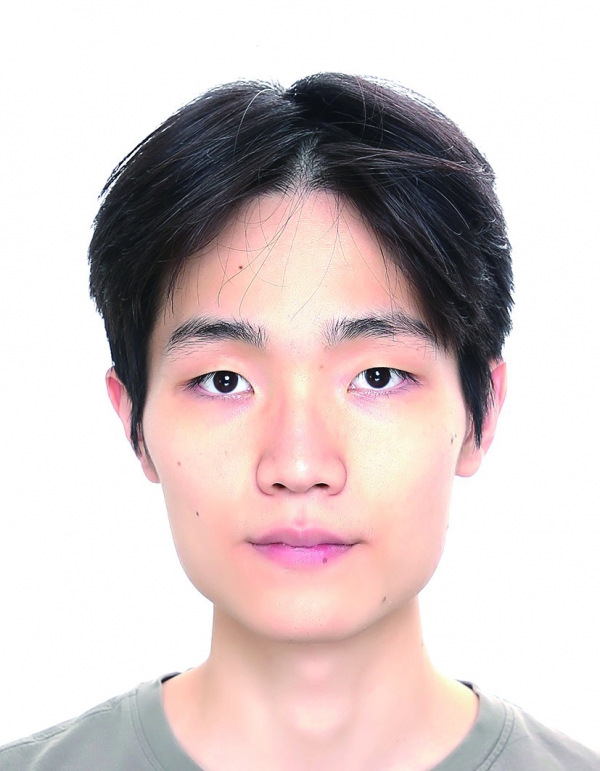
The 2022 Undergraduate Group Research Program (UGRP) was held From April 26, 2022, to Feb. 3, 2023. A team of three undergraduates or more study and research the fields they like for a year and have a chance to win an award. There are teams that develop an application or platform, teams that research AI models or blockchain, teams that make robots based on engineering skills, teams that do experiments regarding fundamental science, and teams that converge these fields. There are no limits. All POSTECH members including professors and graduates help undergraduates with their research. Undergraduates can learn lessons regarding research and communication. They can also improve their experimental skills and accumulate knowledge.
When I first saw the UGRP poster, I thought UGRP could be a wonderful experience for undergraduates. However, I was afraid to contact professors and friends since I had no interesting research subject and no major knowledge. I did not even know the field I wanted to research. With this in mind, I decided to participate in UGRP as a junior the following year.
One day, while I was hanging out and playing games in a friend’s dorm room, he received an email. While he checked the email, I asked him what the email was about and he told me it was from a professor accepting to guide his UGRP team. He said he wanted to research 3D reconstruction using two cameras. This subject seemed fun and I asked him if I could join his UGRP team. Fortunately, he and his other teammates accepted my request. All of us had our first meeting with our UGRP advisor professor. The research topic that our team came up with was already done by other researchers a long time ago. Our advisor professor suggested researching Neural Radiance Fields (NeRF), which is a state-of-art method for volume rendering.
During the summer break, our team met once a week. We read the NeRF paper, looked at papers in the references, and shared what we had learned. We researched other AI models that use NeRF as the base model. We thought of several ideas to work on and had a meeting with the professor to choose the idea. After the meeting, we decided to work on synthesizing novel street views by combining NeRF and the data exported by Google Street View.
During the fall semester, we searched for AI models and decided to use NeRF in the wild (NeRF-W), an extension of NeRF which is efficient for ignoring pedestrians and vehicles. During the winter break, we made a semi-automation process for synthesizing novel views of street scenes using only a sparse random image set provided by Google Street View. These images capture real-world street views of unstructured collections of photographs using random (or user-selected) viewpoints with unknown intrinsic and extrinsic camera parameters. We merged features of Google Street View Static API and NeRF in the Wild. Specifically, we processed results from Google API and rearranged NeRF-W to optimize it for the results from Google API. Developing this research could be the key to the realization of the metaverse of the real world due to the efficient use of sparse image sets and the continuity of the rendering function.
My start at UGRP was poor but there were many things I experienced for the first time and improved myself in a lot of areas. I read papers and used servers. I learned to find and focus on critical things, and the ability to be diligent and to keep on track. More to the point, the thing I want to stress is that if you think UGRP could benefit you, be reckless and start. Some might believe they are not ready yet, but there is no such thing as perfect timing, so waiting for the perfect opportunity is not required.


